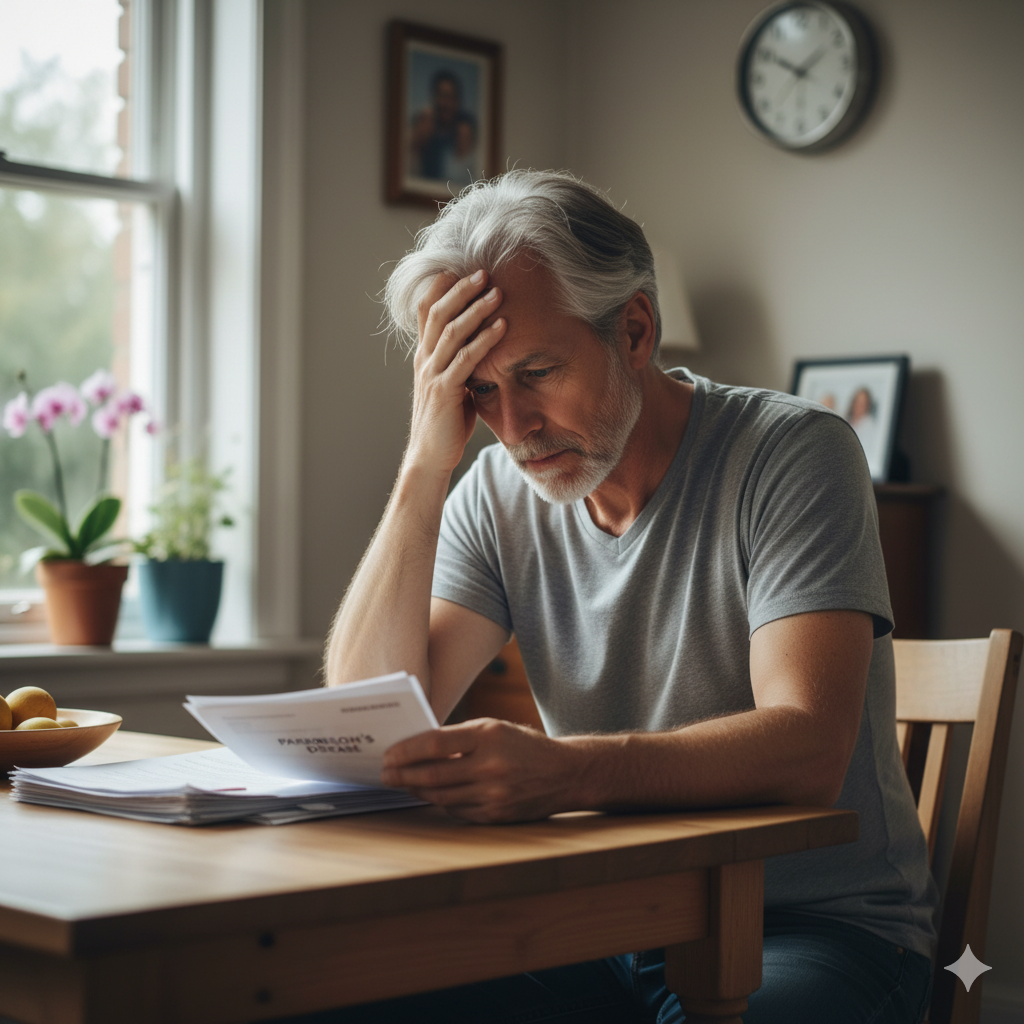

Let’s be honest. Getting a Parkinson’s diagnosis feels like someone hit pause on your life, then handed you a manual written in a language you’ve never seen before. Deep breath. You’re still you. And while things might look different moving forward, this first month can actually set the tone for a stronger, more empowered path ahead.
This guide walks you through what to do, who to talk to, and how to take care of yourself in your first 30 days after hearing those life-changing words.
There’s no wrong way to react. Some people cry, others make spreadsheets. Some hit Google like a detective, and others go for a long walk. Your emotions are valid. Make space for them. It’s okay to feel scared, confused, or even angry.
Parkinson’s is a journey, not a solo mission. Start assembling your squad:
Pro tip: Don’t feel pressured to have all the answers. These professionals will help you navigate your next steps.
It helps to understand what Parkinson’s actually is (and what it isn’t).
Key facts:
Stick to reputable sources like the Michael J. Fox Foundation, Parkinson’s Foundation, and trusted medical centers. Not every Reddit thread is your friend.
Start a symptom journal. Note what you feel, when it happens, and how it affects your daily life. Include things like:
This gives your care team a clearer picture and helps guide future decisions.
Exercise isn’t optional. It’s medicine.
You don’t need to run a marathon. Try:
Movement helps your brain, balance, mood, and more. Even 10 minutes counts.
You are not alone. Join a support group (local or virtual). Talk to someone else with Parkinson’s or a care partner who understands what you’re going through.
Support groups can help you:
Now that the initial wave has passed, start thinking ahead:
And most importantly, make space for joy. Parkinson’s is part of your life, not the end of it.
The first 30 days after a diagnosis are overwhelming, but they’re also powerful. They’re your launchpad for resilience, education, and action.
Remember: this is your timeline, your journey, and your story to write. You’re allowed to feel messy, hopeful, frustrated, and strong—sometimes all before lunch.
You are not broken. You are building a new version of strength. One day, one choice, and one step at a time.

